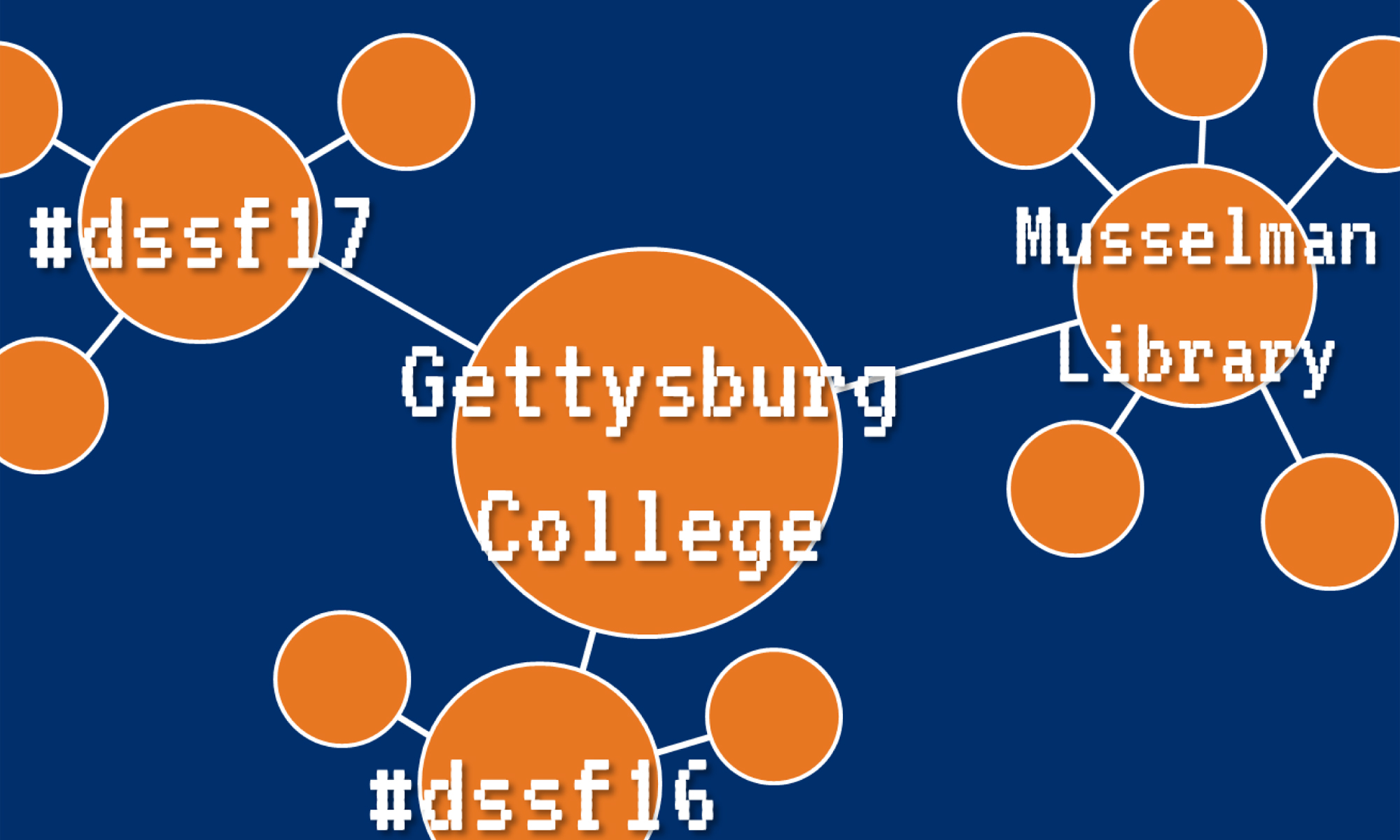This will make sense when I start talking about the nukes.
I’m still fresh off of the talks from Dr. Titus and Dr. Isherwood about the Jack Peirs and Vietnam War protests that we talked about today, and Dr. Isherwood made a point about the Peirs letters that kind of got my brain gears turning. He talked about how the physical letter itself can kind of tell the reader where Peirs is- if he’s on the line he’s writing in pencil from a notebook, and behind the line he’s writing in pen and on stationary. It’s interesting that we’re using that less now- it’s still present and there are sticklers for the written word vs. digital items, but at the end of the day the paper documents are being transitioned out by a generation who’s having trouble seeing their value.
I was also watching House of Cards this weekend and at one point, the nuclear codes are pulled out and there’s a paper binder of instructions enclosed in the briefcase. The person I was watching with remarked that he was surprised it was still paper and not digitized or on a laptop. I wasn’t- these are the nuclear codes, and putting this on paper reduces the risk of hacking or theft. If you also think about it, this system may have updated but it’s technically been around since the late 1940s, early 1950s. That also kind of got me thinking about more value of paper.
We’re moving into the digital age where we’re not sending many physical letters anymore unless it’s bills or random magazines that don’t have much as far as archival value. The things we send are usually emails or direct chat messages and if 2016 should have taught you anything, those can be deleted. Maybe not permanently to the extent we would hope, but still making them tougher to find. The problem is that if the worst happens and the internet blows up, or someone screws up and deletes a whole website, we may never get that stuff back. Then what? We have an entire era of personal accounts, photos, and correspondence of life just deleted, erased. Obviously paper can be burned or thrown away… but the archival and sentimental value of paper correspondence can lead to more preservation of it.
I acknowledge my own role in this risk too- most of my pictures are digital, and I have a blog that I’m not shamelessly plugging at all that documents my own thoughts on current events and personal experiences. Arguably the hipsters are helping with this problem with the return of Polaroids/instant film and printing photos on Shutterstock, but they’re expensive and decreases availability. And honestly, I’m awful at keeping a regular journal on pen and paper. The transition is making the documentation more elite, and that’s sad too.
Bringing it sort of back to the Peirs project, are people really documenting what goes on outside of social media, computers, and the internet anymore? Are people documenting personal accounts and wars and historical events this way, or again, is someone going to be able to wipe them off the internet or hack into it to delete it? Are we at risk of losing the personal and human aspect of history in the digital era?
If the worst doesn’t happen, what are archives going to look like in the future, and will they be at risk to hacking, ransomware, etc.? Is this what the future is of spy movie style museum theft?
Just wanted to get some thoughts out. Maybe we should look into somehow preserving blogs like this on paper for future viewership… just in case.
-Britt
